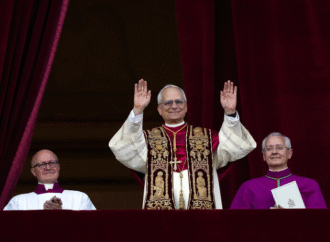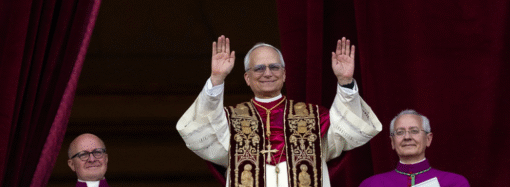Henry David Thoreau (1817-1862) was born David Henry Thoreau in Concord, Massachusetts.
The son of a pencil maker, Thoreau became one of the finest and most independent thinkers of his day (this free thinking is perhaps evidenced by his early decision to go by Henry David instead of David Henry).
A brilliant poet, naturalist, and essayist, Thoreau received his education at Harvard, where he studied the classics, science, rhetoric, and philosophy. Following his studies, Thoreau returned to Concord and befriended Ralph Waldo Emerson, arguably the most influential Transcendentalist thinker of the 19th century. Emerson, though a generation older than Thoreau, admired the younger man’s intellect and encouraged him in the development of his philosophy of simple living.
Thoreau’s independent ideas did not always go over well. His pointed views won him the scorn of many of his intellectual peers, and he enjoyed (literally, if you believe him) a stint in prison for refusing to pay taxes to a government that supported the institution of slavery.
Thoreau died in 1862 relatively unknown. Later generations, however, came to celebrate his literary works (particularly Civil Disobedience and Walden), principle, and originality.
Here are 16 reflections from Thoreau on the nature of man and government:
1. “The mass of men serve the state…not as men mainly, but as machines, with their bodies.” – Civil Disobedience
2. “[T]he only true America is that country where you are at liberty to pursue such a mode of life as may enable you to do without…and where the state does not endeavor to compel you to sustain the slavery and war and other superfluous expenses which directly or indirectly result from the use of such things.” Walden, Chapter X
3. “Those who, while they disapprove of the character and measures of a government, yield to it their allegiance and support are undoubtedly its most conscientious supporters, and so frequently the most serious obstacles to reform.” – Civil Disobedience
4. “Trade and commerce…would never manage to bounce over the obstacles which legislators are continually putting in their way; and, if one were to judge these men wholly by the effects of their actions and not partly by their intentions, they would deserve to be classed and punished with those mischievous persons who put obstructions on the railroads.” – Civil Disobedience
5. “I wasn’t aware we had ever quarreled.” – Thoreau’s deathbed response to an aunt who urged him to make his peace with God.
6. “We make curious mistakes sometimes. Often the poor man is not so cold and hungry as he is dirty and ragged and gross. It is partly his taste, and not merely his misfortune.” Walden?, Chapter I
7. “[The American] government never of itself furthered any enterprise, but by the alacrity with which it got out of its way.” – Civil Disobedience
8. “We are underbred and low-lived and illiterate; and in this respect I confess I do not make any very broad distinction between the illiterateness of my townsman who cannot read at all and the illiterateness of him who has learned to read only what is for children and feeble intellects.” Walden, Chapter III
9. “Law never made men a whit more just; and, by means of their respect for it, even the well-disposed are daily made the agents of injustice.” – Civil Disobedience
10. “I occasionally observed [a man] thinking for himself and expressing his own opinion, a phenomenon so rare that I would any day walk ten miles to observe it.” – Walden, Chapter VI
11. “If the alternative is to keep all just men in prison, or give up war and slavery, the State will not hesitate which to choose.” – Civil Disobedience
12. “If I knew for a certainty that a man was coming to my house with the conscious design of doing me good, I should run for my life, as from that dry and parching wind of the African deserts called the simoom, which fills the mouth and nose and ears and eyes with dust till you are suffocated, for fear that I should get some of his good done to me — some of its virus mingled with my blood.” – Walden, Chapter I
13. “If the injustice is part of the necessary friction of the machine of government, let it go, let it go…” – Civil Disobedience
14. “Under a government which imprisons any unjustly, the true place for a just man is also a prison.” – Civil Disobedience
15. Why does [government] cry and resist before it is hurt? Why does it not encourage its citizens to be on the alert to point out its faults, and do better than it would have them? Why does it always crucify Christ, and excommunicate Copernicus and Luther, and pronounce Washington and Franklin rebels? – Civil Disobedience
16. “I heartily accept the motto, ‘That government is best which governs least’; and I should like to see it acted up to more rapidly and systematically.” – Civil Disobedience
















Leave a Comment
Your email address will not be published. Required fields are marked with *